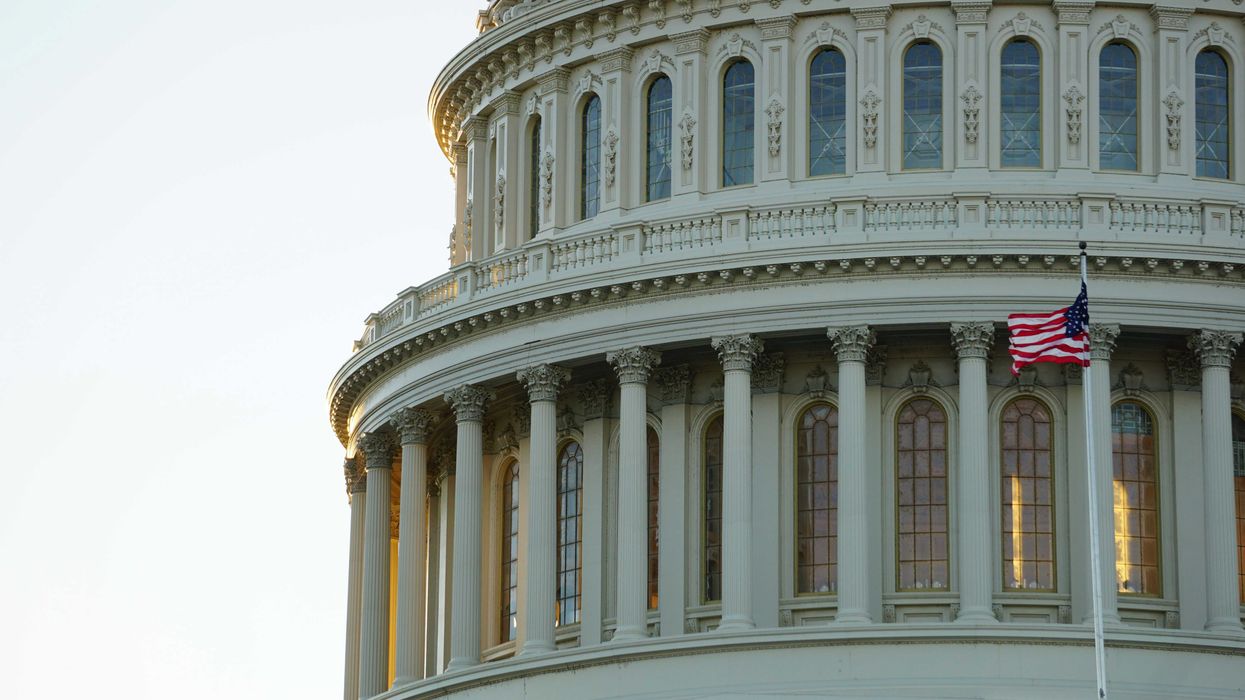Lawmakers from both parties are rallying behind a new effort to expand compensation for Americans harmed by nuclear contamination, but the $60 billion proposal faces stiff opposition in Congress.
Andres Picon reports for E&E News.
In short:
- The proposed Radiation Exposure Compensation Reauthorization Act (S. 243) would renew and expand a lapsed program providing financial support to individuals suffering from radiation-related illnesses linked to waste from U.S. nuclear weapons development.
- Despite bipartisan backing, including support from Republican Sen. Josh Hawley and unlikely allies, U.S. Environmental Protection Agency Administrator Lee Zeldin and Health and Human Services Secretary Robert F. Kennedy Jr., House Republican leaders oppose the measure, citing its high cost.
- The “Make America Healthy Again” (MAHA) campaign, championed by Zeldin and Kennedy, has energized conservative and independent voters who traditionally avoid environmental causes, offering a potential political path for the bill’s passage.
Key quote:
“It’s a lot of conservatives, a lot of independents, and if you ask them, ‘Are you an environmentalist?’ they’d be like, ‘Uh, no.’ But, ‘Do you want clean soil, clean water, clean air, especially for your kids?’ They’d be like, ‘Heck yes.’”
— Sen. Josh Hawley (R-Mo.)
Why this matters:
America’s nuclear legacy continues to affect thousands of citizens exposed to radioactive contamination from weapons development and waste disposal dating back to World War II. While past legislation offered some compensation, eligibility was narrow and the program expired in 2024, leaving many without recourse. Expanding and renewing the program has united a rare coalition across party lines and political ideologies. Yet, the effort is ensnared in broader partisan battles over federal spending and environmental policy. The MAHA movement’s involvement highlights a shift: traditionally conservative or skeptical voters now mobilize around personal health threats from pollution.
For more: Senators renew effort to expand radiation compensation law














